For a conservation organisation based in Oudtshoorn, moments like this do not come often. And when they do, they are worth pausing for. This year, a South African conservation technology project founded by our CEO, Douglas Eriksen, was recognised on the global stage at the World Economic Forum in Davos. Project ZOA, or Zoological Open Architecture, was awarded the Startup Innovation Award for Top AI Sustainability Project during Davos Innovation Week 2026.
Inspired by Durrell, Driven by Conservation
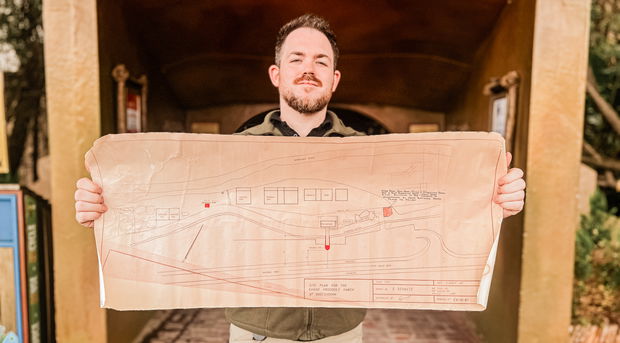
Everyone has heard of David Attenborough, acclaimed naturalist and host of a myriad of documentaries on everything from the mating habits of highly endangered New Zealand Kakapo to ancient mammoth graveyards, to the impacts of climate change on Antarctic penguins. However, in the zoological world there is another name that, though perhaps not as well known, still rings with significant gravitas on par with figures like Attenborough and, at one point, was almost as famous. Gerald Durrell was a world-renown British conservationist, zookeeper, writer, TV presenter, and naturalist. He died in 1995 at the age of 70 but he left behind a significant legacy including the founding of Jersey Zoo and, perhaps more importantly, inspiration for multiple future conservationists to continue this important work.
My name is Dr Garrett Eriksen, son of Glenn Eriksen and the late Andrew Eriksen, founders of the Cango Wildlife Ranch, a WAZA-accredited conservation facility established in 1986 in South Africa. This year the Durrell Wildlife Conservation Trust is celebrating Durrell’s centenary by collecting memories from around the world showcasing how Durrell’s influence truly was universal. Reflecting on the nearly four decades of dedicated conservation and education efforts at the ranch, I wanted to share that the Cango Wildlife Ranch owes its very existence to Gerald Durrell, whose passion and life's work profoundly shaped my father's dreams and subsequently our entire family's lives.
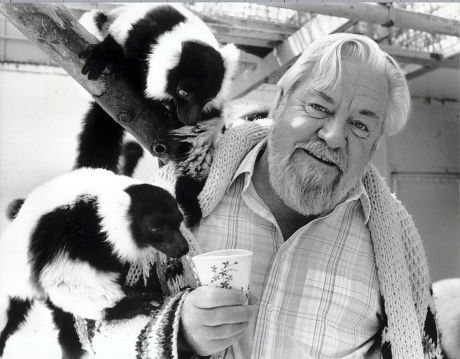 My father's early life, set within the bustling heart of 1970’s Johannesburg, might have seemed far removed from Durrell’s idyllic descriptions of his childhood surrounded by animals in sunny Corfu, a scenic rural island off the coast of Greece. However, during a critical period of his youth when my father was bedridden due to a severe illness, he discovered solace and inspiration through the vivid pages of Gerald Durrell's My Family and Other Animals. Durrell’s humorous yet deeply sincere storytelling sparked an intense passion in my father, igniting a lifelong desire to dedicate himself to wildlife conservation.
My father's early life, set within the bustling heart of 1970’s Johannesburg, might have seemed far removed from Durrell’s idyllic descriptions of his childhood surrounded by animals in sunny Corfu, a scenic rural island off the coast of Greece. However, during a critical period of his youth when my father was bedridden due to a severe illness, he discovered solace and inspiration through the vivid pages of Gerald Durrell's My Family and Other Animals. Durrell’s humorous yet deeply sincere storytelling sparked an intense passion in my father, igniting a lifelong desire to dedicate himself to wildlife conservation.
As my father gradually recovered, a transformation began within his modest city flat, where animals started appearing with increasing frequency and variety, much to the bemusement (and eventual consternation) of his parents. This echoed Durrell’s own childhood adventures, turning ordinary domestic spaces into vibrant havens for a myriad of creatures. In retrospect, it was clear that Durrell's narrative had profoundly influenced my father’s worldview, driving him to emulate Durrell’s example of integrating wildlife care into daily life, no matter how unconventional or challenging it might have been.
Fast forward several years to when my father met my mother, Glenn, some 1,200 kilometres south of Johannesburg, in the small town of Knysna on the Garden Route. Together, they then moved to the slightly larger Karoo town of Oudtshoorn in 1986 and courageously took on the task of transforming a local crocodile show farm into what is today the Cango Wildlife Ranch, a world-renowned conservation and education centre.
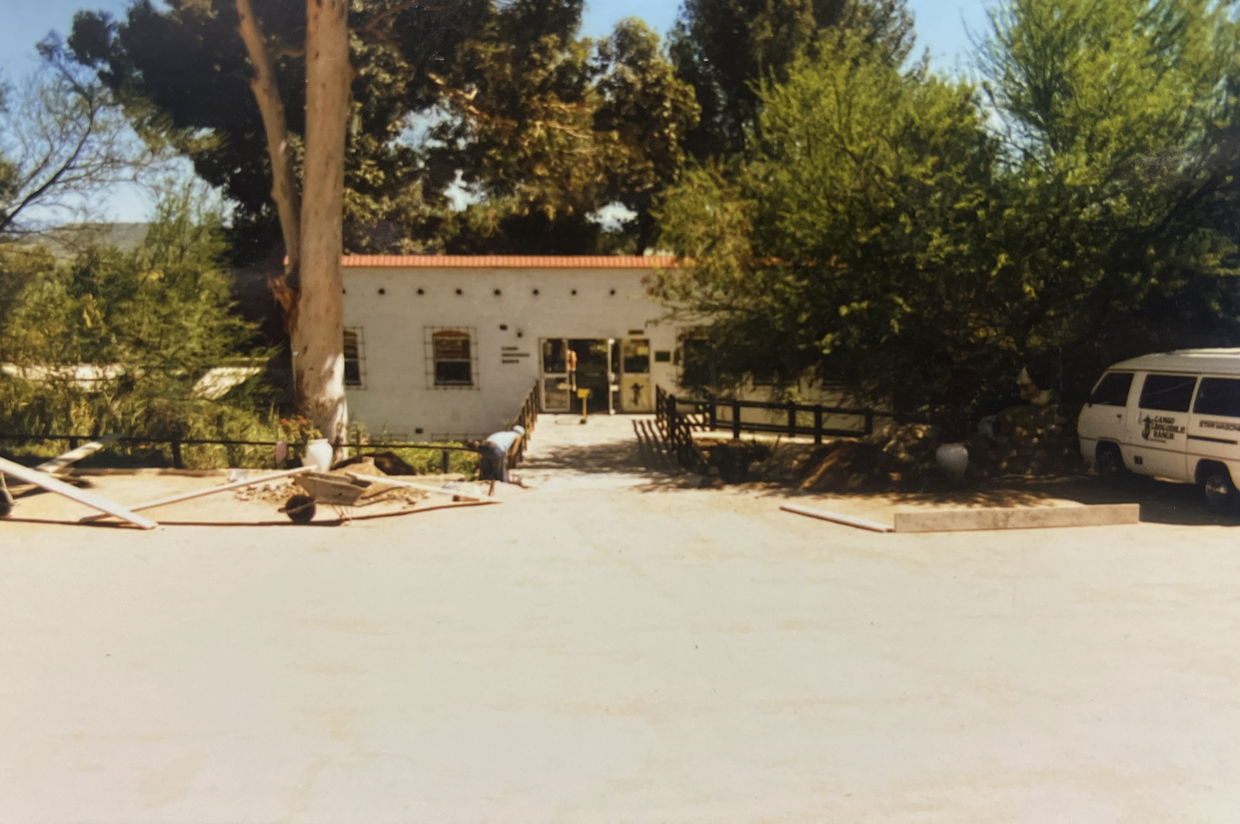
This endeavour was more than a business venture, it was a realisation of the dreams seeded by Durrell’s captivating books, embodying his vision of creating sanctuaries dedicated not only to animal preservation but also to education and meaningful human-animal interactions.
Just as Gerald Durrell established Jersey Zoo in 1959 with a mission to protect endangered species through active conservation and education, my father channelled similar aspirations when founding the Ranch. The parallels between Durrell's Jersey Zoo and the Cango Wildlife Ranch are striking: both institutions were born from passionate individuals driven by the need to foster understanding and empathy for wildlife, believing deeply that meaningful conservation could only come from genuine human connection with animals.
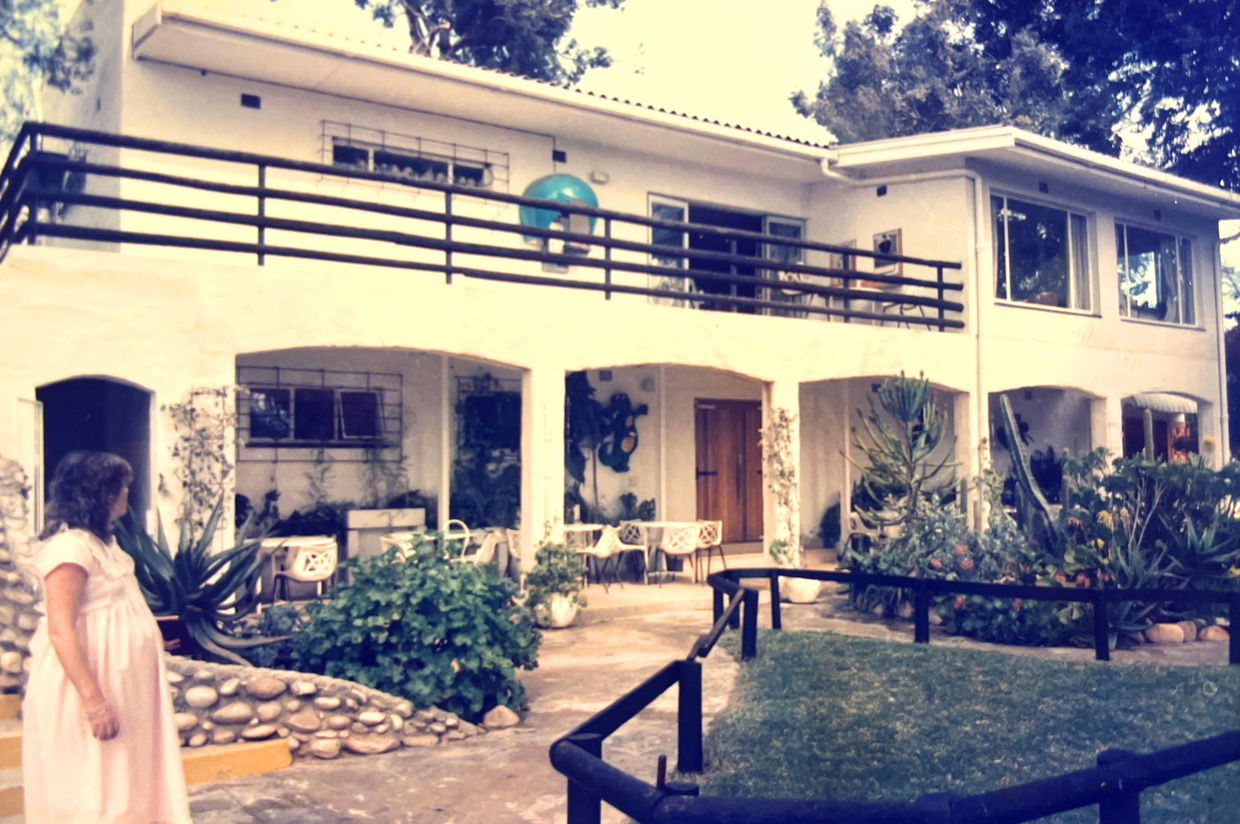
My siblings and I were fortunate to grow up surrounded by animals, much like Durrell himself. Our childhoods were punctuated by memorable encounters with a diverse array of creatures, from tiny reptiles and rambunctious primates to majestic cheetahs, nurturing within each of us a profound respect and love for wildlife. The stories my father shared about Durrell became an integral part of our family narrative, and Durrell’s philosophy shaped how we understood and interacted with the natural world.
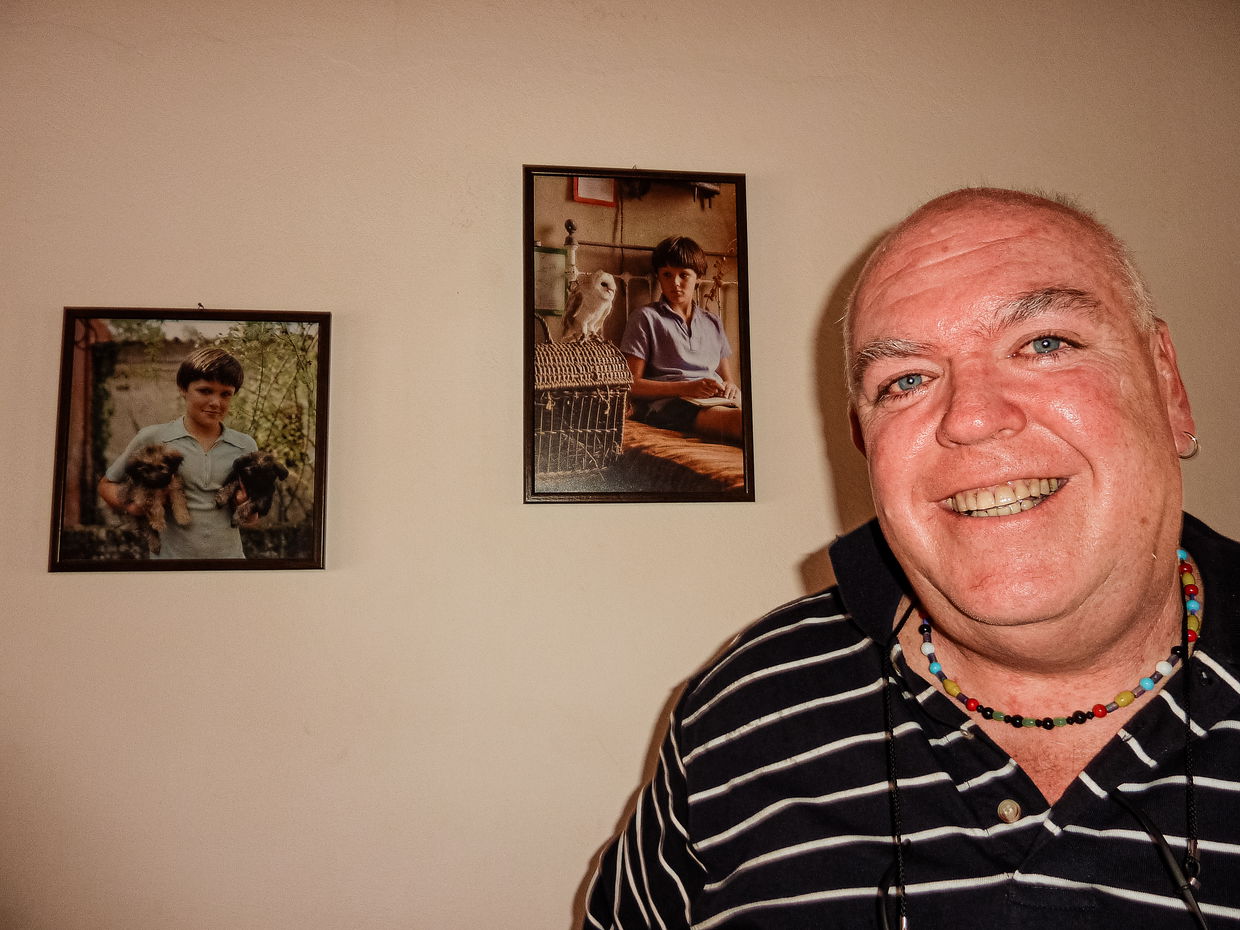
In 2010, our family had the incredible opportunity to visit "The White House" in Corfu—Durrell's one-time childhood home turned museum. Witnessing my father walk through those halls, reverently absorbing every photograph, every carefully preserved artefact, was deeply moving. It was clear that he was not merely visiting a museum; he was reconnecting with a profound source of personal inspiration, living a moment of profound fulfilment.
Tragically, my father passed away in 2022, leaving behind an enduring legacy at Cango Wildlife Ranch. In June 2025, we returned once again to Durrell's beloved home as part of a memorial trip honouring my father's memory and his lifelong dedication to conservation. Standing once more within those historic rooms, filled with echoes of Durrell’s vibrant spirit, was profoundly poignant. We were reminded of the inseparable threads weaving together Durrell’s legacy and my father’s own life's work.
Today, the Cango Wildlife Ranch stands proudly, nearly forty years after its founding, as a beacon of conservation excellence and education. It has grown from its humble beginnings into an internationally recognised facility dedicated to wildlife preservation, research, and public education, deeply echoing Durrell’s ideals. Gerald Durrell once said, "The world is as delicate and as complicated as a spider's web. If you touch one thread, you send shudders running through all the other threads. We are not just touching the web, we are tearing great holes in it." These words resonate profoundly in our ongoing commitment to conservation and the stewardship of nature.
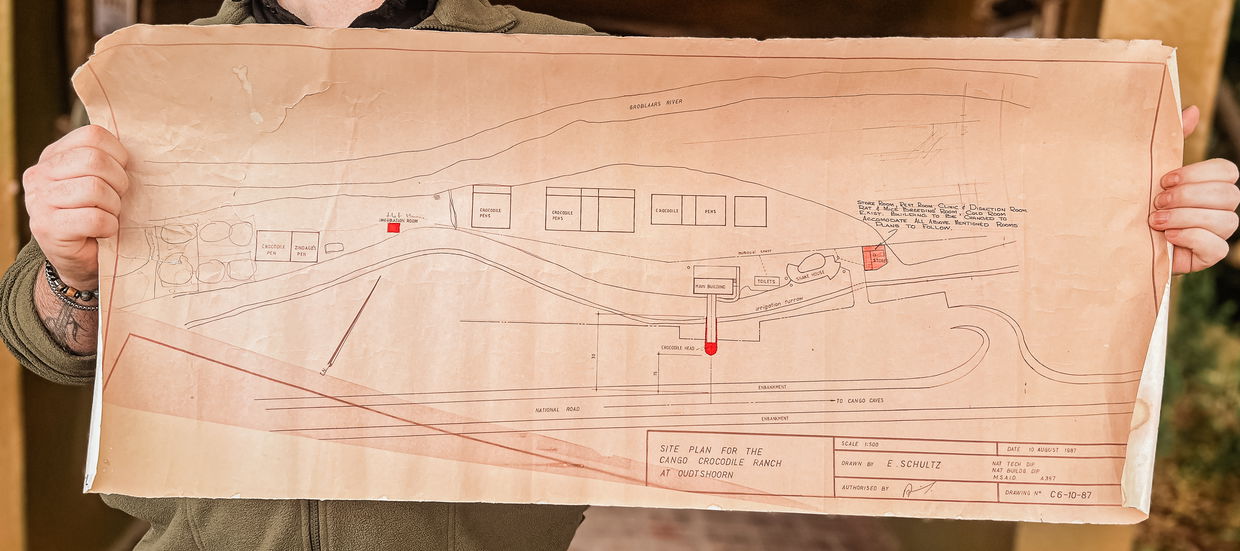
As we move forward, continuing my father’s work, we strive to embody Durrell’s legacy of compassion, innovation, and unwavering dedication to wildlife. My father’s journey, deeply intertwined with Gerald Durrell’s inspiration, remains a testament to how one individual’s passion can influence generations, shaping not only personal destinies but also the broader narrative of conservation worldwide.
In celebrating my father’s remarkable life and Durrell's lasting influence, we honour their shared vision and reaffirm our commitment to nurturing the intricate web of life that they both cherished and tirelessly worked to protect.
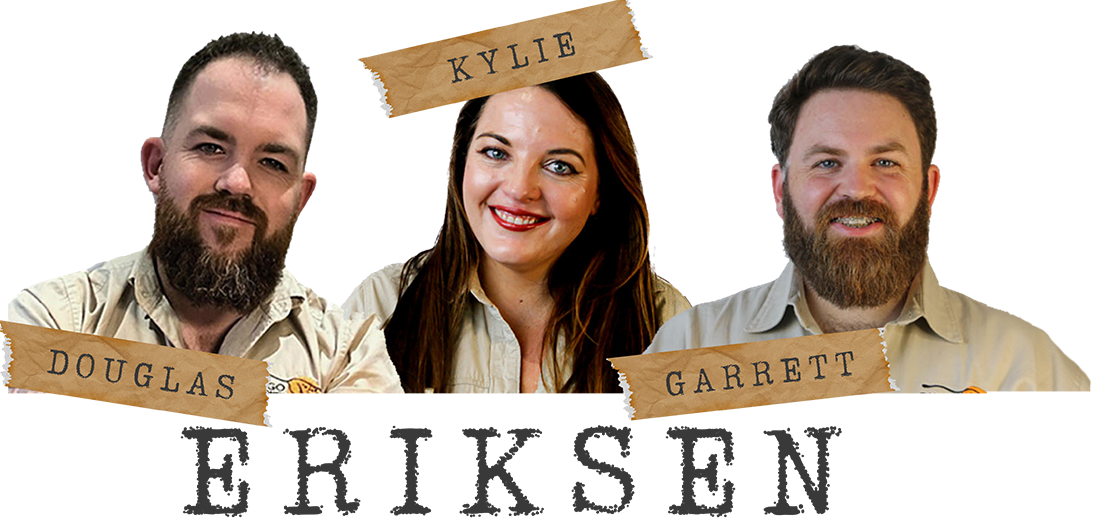
Today, the Eriksen legacy lives on through the next generation, as Douglas, Kylie, and Garrett Eriksen have each taken up roles at Cango Wildlife Ranch. Deeply inspired by their parents’ vision and values, they are committed to advancing the facility’s mission of conservation, education, and animal welfare. With fresh perspectives and a shared dedication to protecting the natural world, the Eriksen children strive to evolve and enhance the Ranch, ensuring it remains a beacon of hope and impact for generations to come.
Further Reading
The Dodo once walked freely on the island of Mauritius. With no natural predators, it had no reason to fear humans. Within less than a century of human arrival, it was gone. Extinction is permanent. Once a species disappears, there is no recovery, no second chance, no future generations to protect. Every species on the Red List tells a story of pressure. Habitat loss. Human conflict. Climate stress. Decline that did not...
Some partnerships are built quietly and strengthened over time through consistency and shared purpose. Since 2018, Kraaibosch Nurseries in George has supported Cango Wildlife and the Cheetah Preservation Foundation as a benefactor. Their ongoing contributions help sustain the day to day work of conservation, from animal care and veterinary treatment to habitat management and long term programmes focused on threatened species, including cheetahs and other vulnerable wildlife in our care.


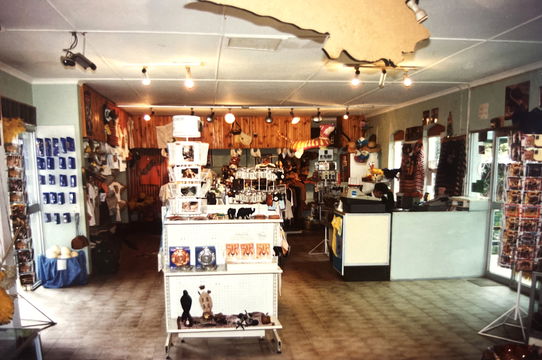
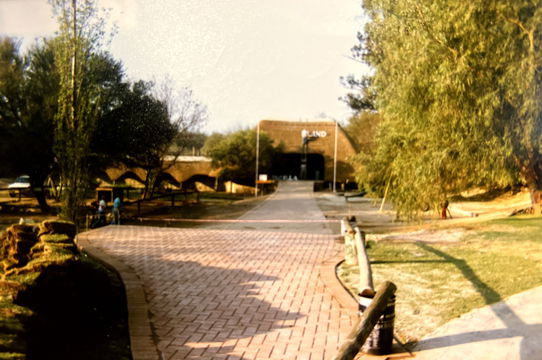
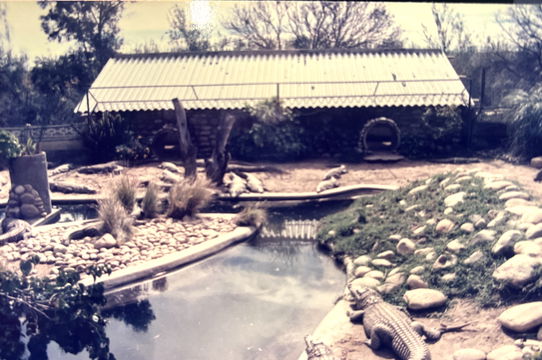
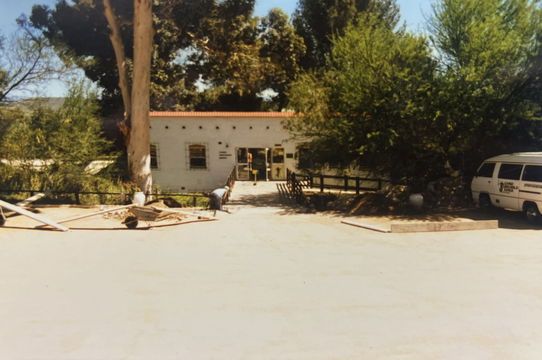
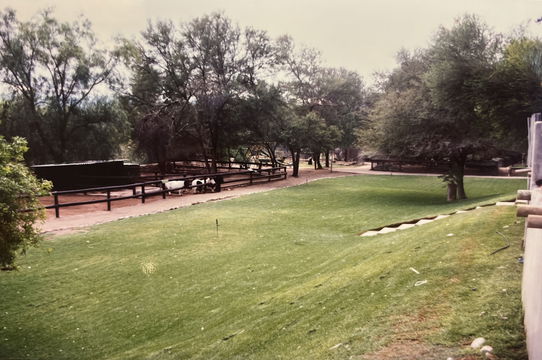
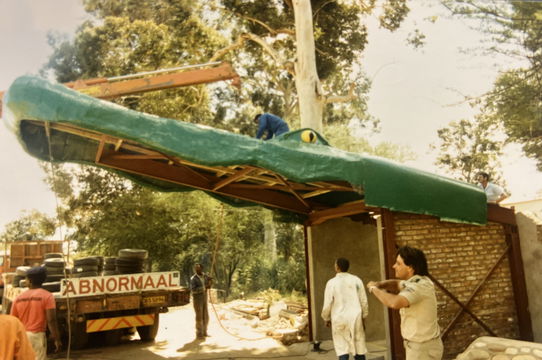
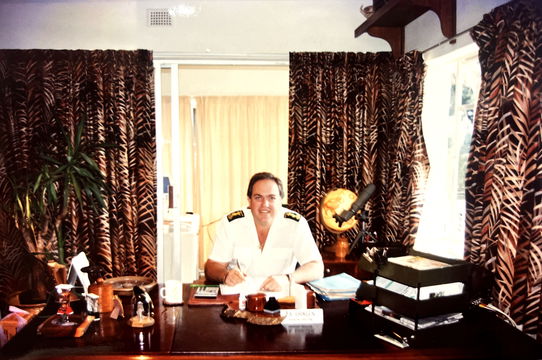
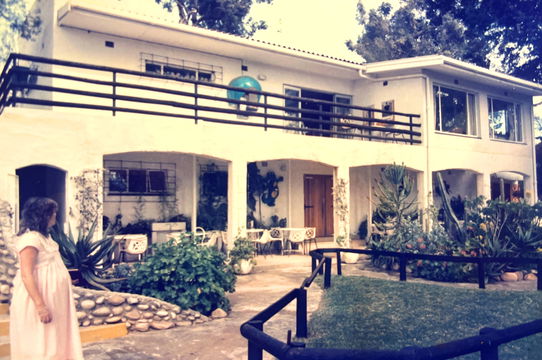
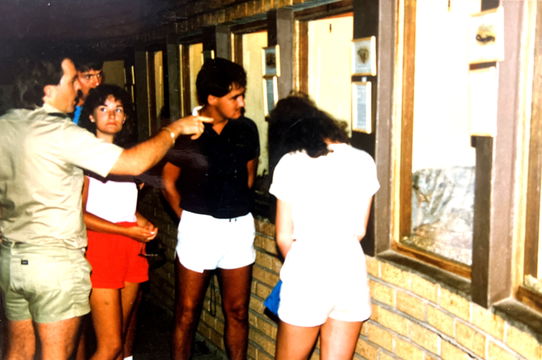
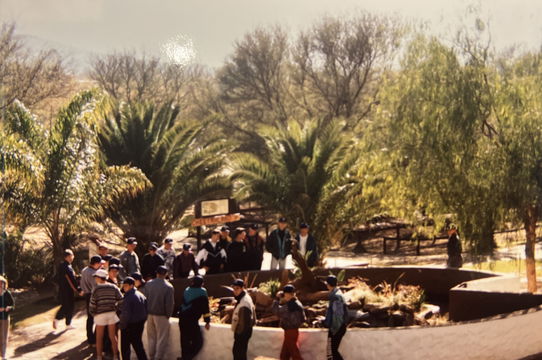
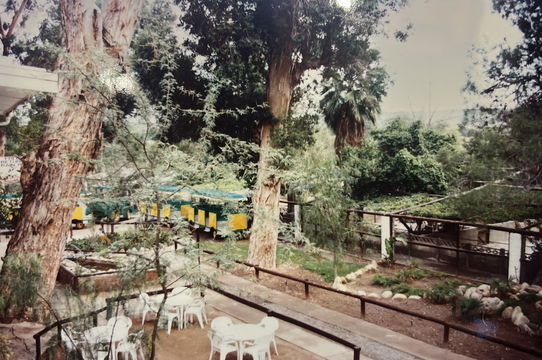
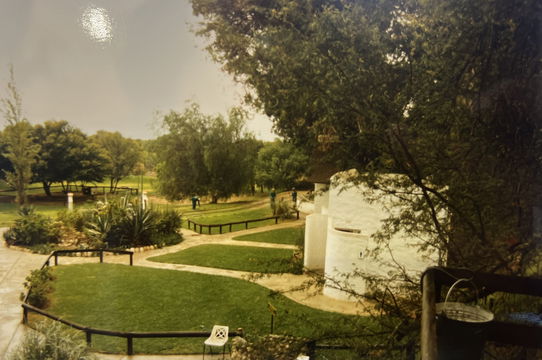
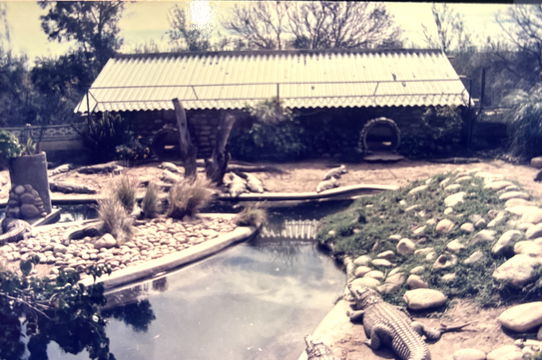
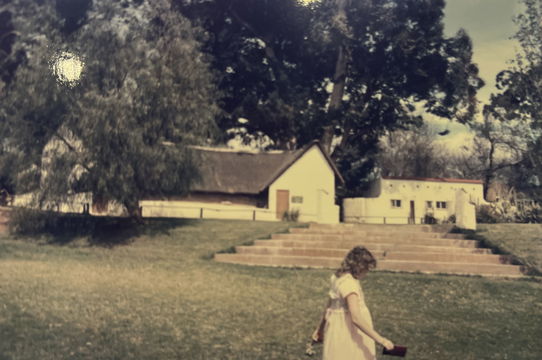
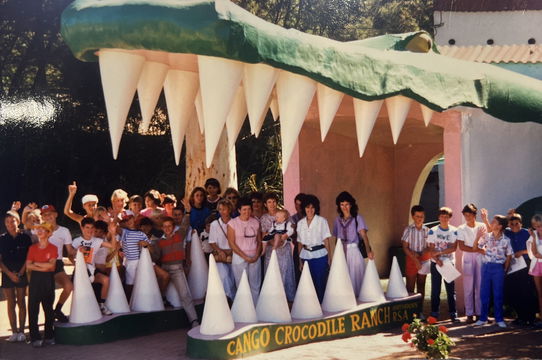










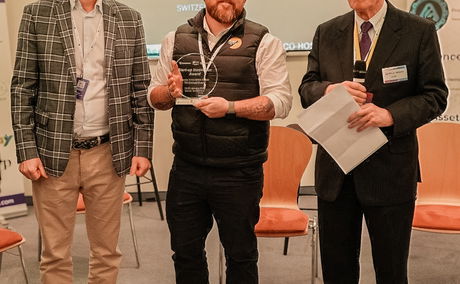
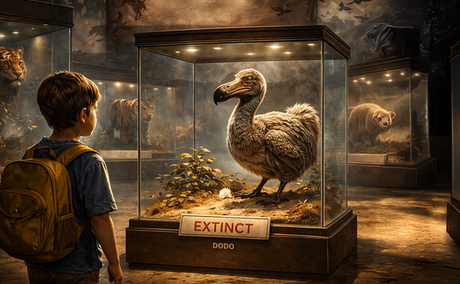
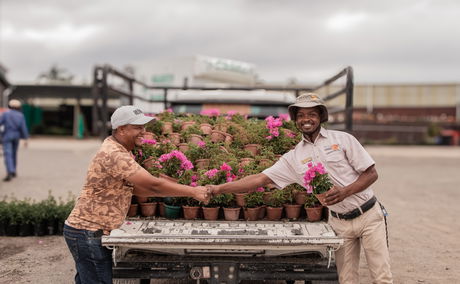
Share This Post